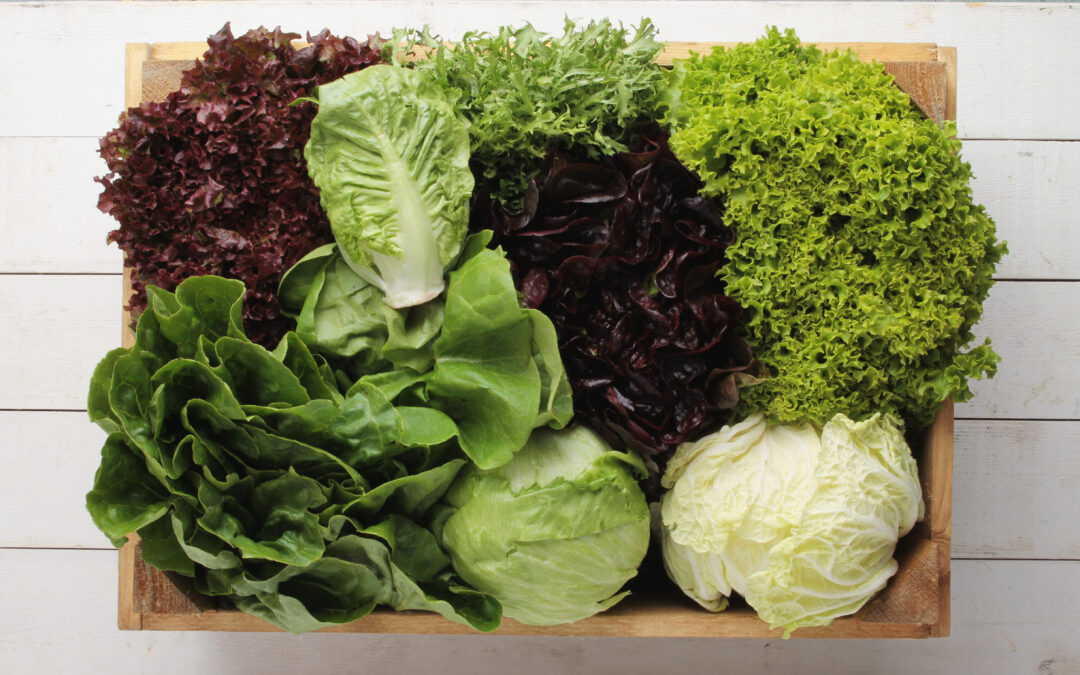Organic gardening is a method of growing plants without the use of synthetic fertilizers and pesticides. It involves using natural methods to maintain soil health, control pests, and promote plant growth. In this blog post, we will explore what organic gardening is, its benefits, how to choose the right plants and seeds for your garden, preparing your soil for planting, tips for successful organic gardening, and common mistakes to avoid when starting an organic garden.
What Is Organic Gardening?
Organic gardening is a way of growing plants that relies on natural processes rather than chemicals. This means no synthetic fertilizers or pesticides are used in the garden. Instead, organic gardeners rely on compost, crop rotation, companion planting, and other natural techniques to keep their gardens thriving. By using these methods, they can grow healthy crops while also protecting the environment.
The Benefits of Growing Your Own Food
There are many reasons why people choose to start an organic garden. One reason is to have access to fresh, locally grown produce. When you grow your own food, you know exactly where it came from and how it was grown. You can be confident that your vegetables were not sprayed with harmful chemicals and that they are free of genetically modified organisms (GMOs).
Thank you for reading this post, don't forget to subscribe!

Another benefit of organic gardening is that it’s better for the environment. Synthetic fertilizers and pesticides can leach into groundwater and contaminate nearby streams and rivers. They can also harm beneficial insects like bees and butterflies. By choosing organic gardening practices, you can reduce your impact on the environment and help preserve local ecosystems.
Choosing the Right Plants and Seeds for Your Garden
When selecting plants and seeds for your organic garden, there are several factors to consider. First, think about which types of plants will do well in your climate and soil conditions. Some plants may require more water or sunlight than others. Research different varieties of fruits and vegetables to find ones that are best suited to your area.
You should also look for heirloom seed varieties. These are open-pollinated seeds that have been passed down through generations. They offer a wider range of traits than hybrid seeds and are often more resilient against disease and pests. Additionally, by saving seeds from year to year, you can create a self-sufficient system that reduces reliance on external sources.
Preparing Your Soil for Planting
One key aspect of organic gardening is building healthy soil. Healthy soil provides nutrients to plants and helps retain moisture during dry periods. To prepare your soil for planting, first remove any existing weeds or debris. Then add compost, manure, or other organic matter to enrich the soil. If necessary, adjust the pH level of the soil to make sure it’s suitable for the plants you want to grow.
Tips for Successful Organic Gardening
Once you’ve prepared your soil and selected your plants and seeds, here are some tips for successful organic gardening:
1. Water regularly – Make sure your plants receive enough water, especially during hot weather. Avoid overwatering, as this can lead to root rot.
2. Use companion planting – Companion planting involves growing certain plants together that benefit each other. For example, marigolds repel nematodes, while nasturtiums attract aphids away from other plants.
3. Rotate crops – Crop rotation helps prevent soil depletion and pest buildup. Each year, rotate the location of your crops so that they don’t grow in the same spot twice.
4. Practice good sanitation – Remove dead leaves and stems promptly to discourage pests and diseases. Also, clean tools between uses to prevent cross-contamination.
5. Be patient – Organic gardening takes time and effort. Don’t expect instant results; instead, focus on making small improvements every day.
Common Mistakes to Avoid When Starting an Organic Garden
Here are some common mistakes to watch out for when starting an organic garden:
1. Overwatering – As mentioned earlier, overwatering can cause root rot and damage plants. Stick to a regular schedule and only water when needed.
2. Not providing enough light – Some plants need full sun exposure, while others prefer partial shade. Make sure you understand the needs of your plants before placing them in your garden.
3. Ignoring soil health – Building healthy soil is essential for success in organic gardening. Neglecting to amend the soil properly can result in poor yields and weak plants.
4. Using too much mulch – While mulch can help retain moisture and suppress weeds, using too much can suffocate plants and encourage fungal growth. Apply mulch in moderation.
Conclusion
In conclusion, organic gardening offers numerous benefits such as fresh, locally grown produce, reduced environmental impact, and improved soil health. By following the steps laid out above, you can successfully start an organic garden and enjoy the satisfaction of growing your own food.




